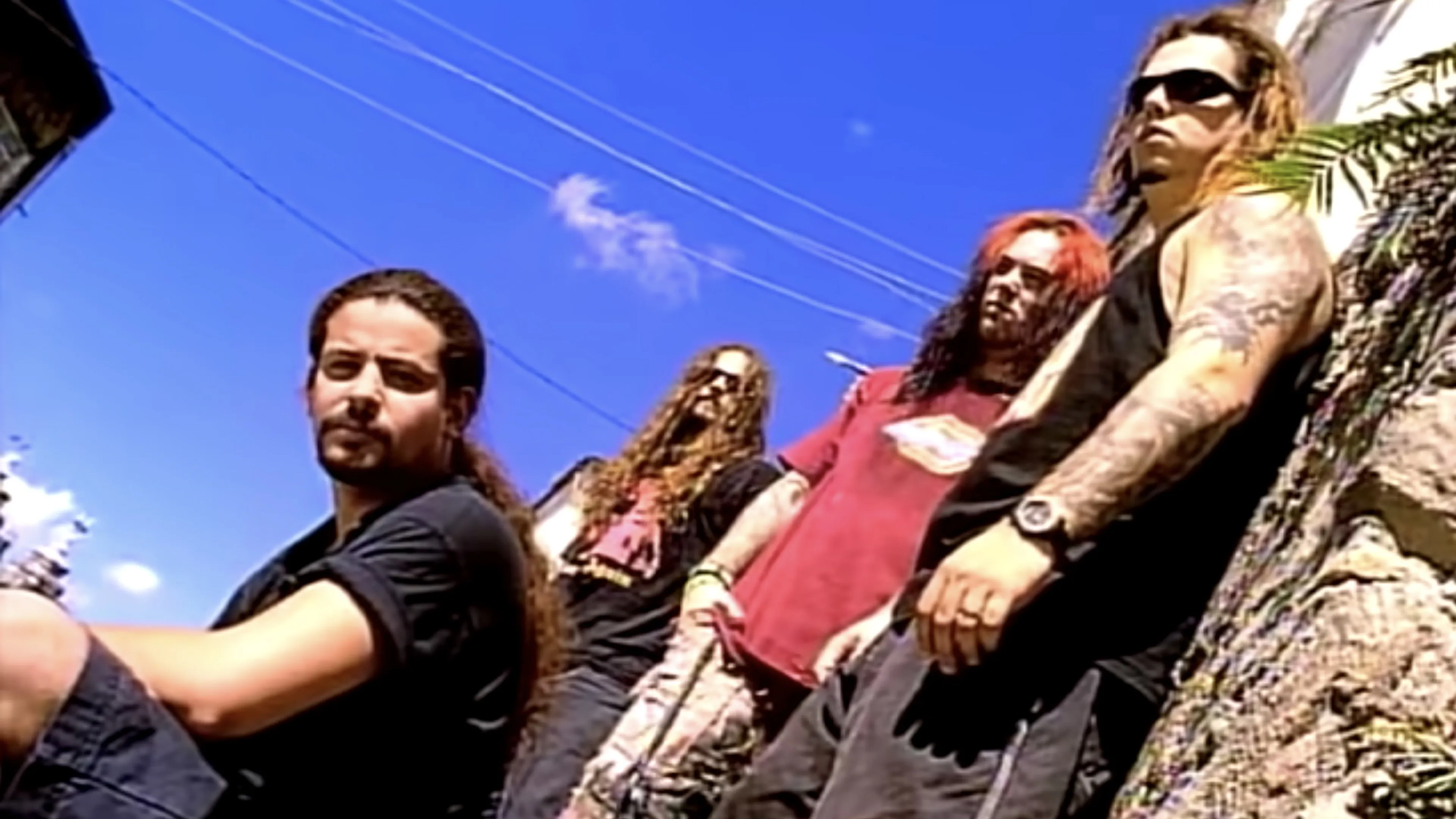Features
“We’re deep in this labyrinth, trying to find our way out”: NOWHERE2RUN reveal shattering new EP What Did You Do?
It’s been a turbulent few years for Jami Morgan. Having seen the great Code Orange end up “on the shelf”, their fiery frontman grappled with disenfranchisement and depression. Rather than lying down and taking it, that darkness has been recycled into NOWHERE2RUN, with latest EP What Did You Do? the proper introduction to an all-encompassing new chapter...
